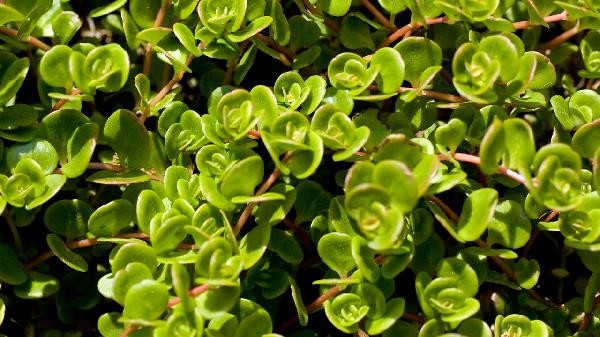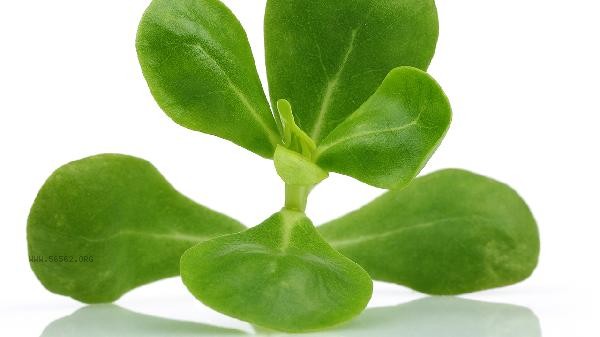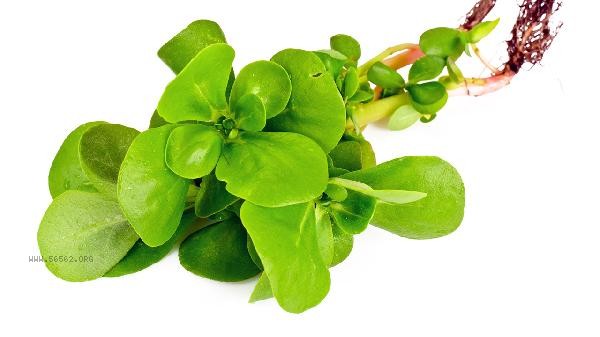Purslane contains rich nutrients such as vitamins, minerals, and dietary fiber, mainly including vitamin A, vitamin C, vitamin E, potassium, magnesium, dietary fiber, and omega-3 fatty acids.

1. Vitamin A
Purslane is rich in vitamin A, which helps maintain visual health and promotes the repair of skin and mucosal tissues. Vitamin A also has antioxidant properties, which can help eliminate free radicals in the body and delay aging. Moderate consumption of purslane can supplement vitamin A and have a certain improvement effect on night blindness and dry skin.
2. Vitamin C
Purslane has a high content of vitamin C, which helps to enhance immunity, promote collagen synthesis, and maintain skin elasticity. Vitamin C also has antioxidant properties and can help reduce the damage of free radicals to cells. Regular consumption of purslane can help prevent colds and promote wound healing.
3. Vitamin E
Purslane contains a certain amount of vitamin E, which has antioxidant effects and can protect cell membranes from oxidative damage. Vitamin E also helps maintain cardiovascular health and reduce oxidative stress on the blood vessel wall. Moderate intake of purslane can help delay aging and maintain skin health.

4. Potassium and Magnesium
Purslane is rich in minerals such as potassium and magnesium. Potassium helps regulate electrolyte balance in the body, maintain normal blood pressure and heart function. Magnesium participates in the activation of various enzymes, helping to relieve muscle tension and improve sleep quality. Regular consumption of purslane can help prevent hypertension and muscle spasms.
5. Dietary fiber and omega-3 fatty acids
Purslane is rich in dietary fiber, which helps promote gastrointestinal peristalsis and prevent constipation. Among them, omega-3 fatty acids have anti-inflammatory effects and help reduce the risk of cardiovascular disease. Moderate consumption of purslane can help improve digestive function and maintain cardiovascular health. Purslane is a nutritious wild vegetable that can be cold mixed, stir fried, or made into soup, but it should be cleaned thoroughly to avoid pesticide residues. People with spleen and stomach deficiency and cold should consume in moderation to avoid causing gastrointestinal discomfort. It is recommended to have a balanced intake of other vegetables and fruits to obtain more comprehensive nutrition.









Comments (0)
Leave a Comment
No comments yet
Be the first to share your thoughts!